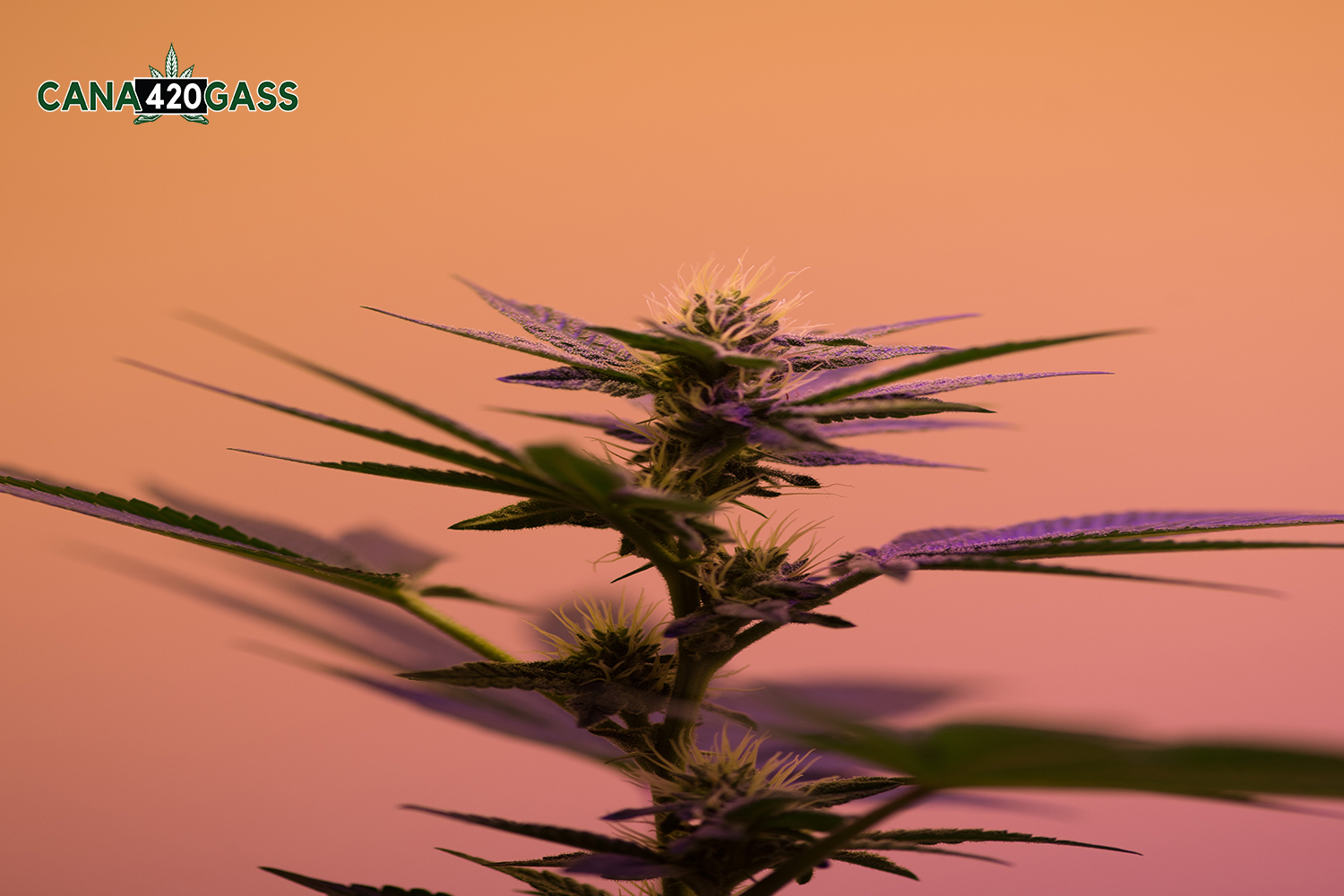Medicinal Marijuana or Medicinal cannabis not only serves to alleviate the side effects of chemotherapy. Recent studies suggest it is an anticancer and valuable against many other diseases.
The best-known indication for medicinal hemp- which has been used medicinally for around 5,000 years – is to treat chemotherapy’s side effects: nausea, vomiting, and poor appetite. But recent research shows that therapeutic cannabis also works directly against diseased cells.
CANNABIS AGAINST CANCER
A clinical study led by Manuel Guzman, a researcher at the Complutense University of Madrid, with nine patients with aggressive brain tumors, showed that THC – delta-9-tetrahydrocannabinol, the most characteristic active or cannabinoid principle in the plant – was able to do more slow growth of tumors. The study suggested that the effects were previously seen in vitro, and animals also occurred in sick people.
Moreover, cannabinoids also can enhance the action of the chemotherapy. In addition to brain cancer, it suggests that they are probably beneficial to others, such as the pancreas, skin, and liver.
HOW THERAPEUTIC CANNABIS WORKS?
If cannabis can act in the body, its cannabinoids resemble substances produced by the body. Being similar, the couple to the same cellular receptors. These endogenous substances are endocannabinoids, the most important of which is anandamide (Ananda means “rapture” or “happiness” in Sanskrit).
The difference is that while anandamide works only for a few moments, cannabinoids do it more intensely for several days because they accumulate in adipose tissue, from where they gradually pass to the liver and blood. Once inside the body, they act on cells with the appropriate receptors, CB1 and CB2, abundant in neurons.
The action of medical cannabinoids on different brain areas explains why they effectively treat chemotherapy’s side effects. When they act on the basal ganglia, they reduce tremors, spasms, and other movement disorders; in the hypothalamus, they whet the appetite; and in THC”nucleus of the solitary tract,” they control nausea and vomiting.
ITS BENEFITS FOR THE BRAIN
According to Mauro Maccarrone from the BioMedical University of Rome, endocannabinoids are crucial in developing, communicating, and regenerating neurons. Research suggests that cannabis may reduce inflammation and oxidation of neurons and enhance the generation of new, healthy nerve cells.
At the same time, THC produces the symptoms that have caused its prohibition: laughter, slowing down, and difficulties in following conversations. Besides, it increases creativity and sensory acuity.
All of these effects are moderate in plants rich in the cannabinoid CBD. Furthermore, the toxicity is insignificant, and the addictive product is not greater than caffeine.
In any case, it is advisable to follow the treatment under the supervision of a doctor with knowledge of cannabis. Its use is not indicated in minors or people with cardiovascular conditions.
PROHIBITION AND PATENTS: Medicinal Weed Benefits
Medical marijuanas oil research is encouraging, but it still has to overcome much resistance. It doesn’t help that it’s a banned drug in most countries. The plant’s active ingredients are not patentable. Therefore, no industry has an interest in financing clinical studies with people.
Only synthetic medical uses of cannabinoids can be prescribed and are expensive in Spain, like Sativex, Marinol, and Cesamet. But synthetic cannabinoids do not achieve the same effects as leaves and flowers, containing more than one hundred cannabinoids, terpenoids, and flavonoids that work in synergy. In contrast, in the Netherlands or Uruguay, the production and prescription of natural THC medicinal benefits are already legal.
Guzman, who has spent 20 years studying cannabinoids, explains that by not having enough support from the industry, he is also not collecting all the experience of doctors, caregivers, and patients who use cannabis independently.
Surprisingly, only one plant on Earth is suitable for cancer patients’ needs. It is also helpful in treating AIDS, Parkinson’s, Alzheimer’s, multiple sclerosis, fibromyalgia, and irritable colon. However, doctors cannot prescribe the marijuana plant.











